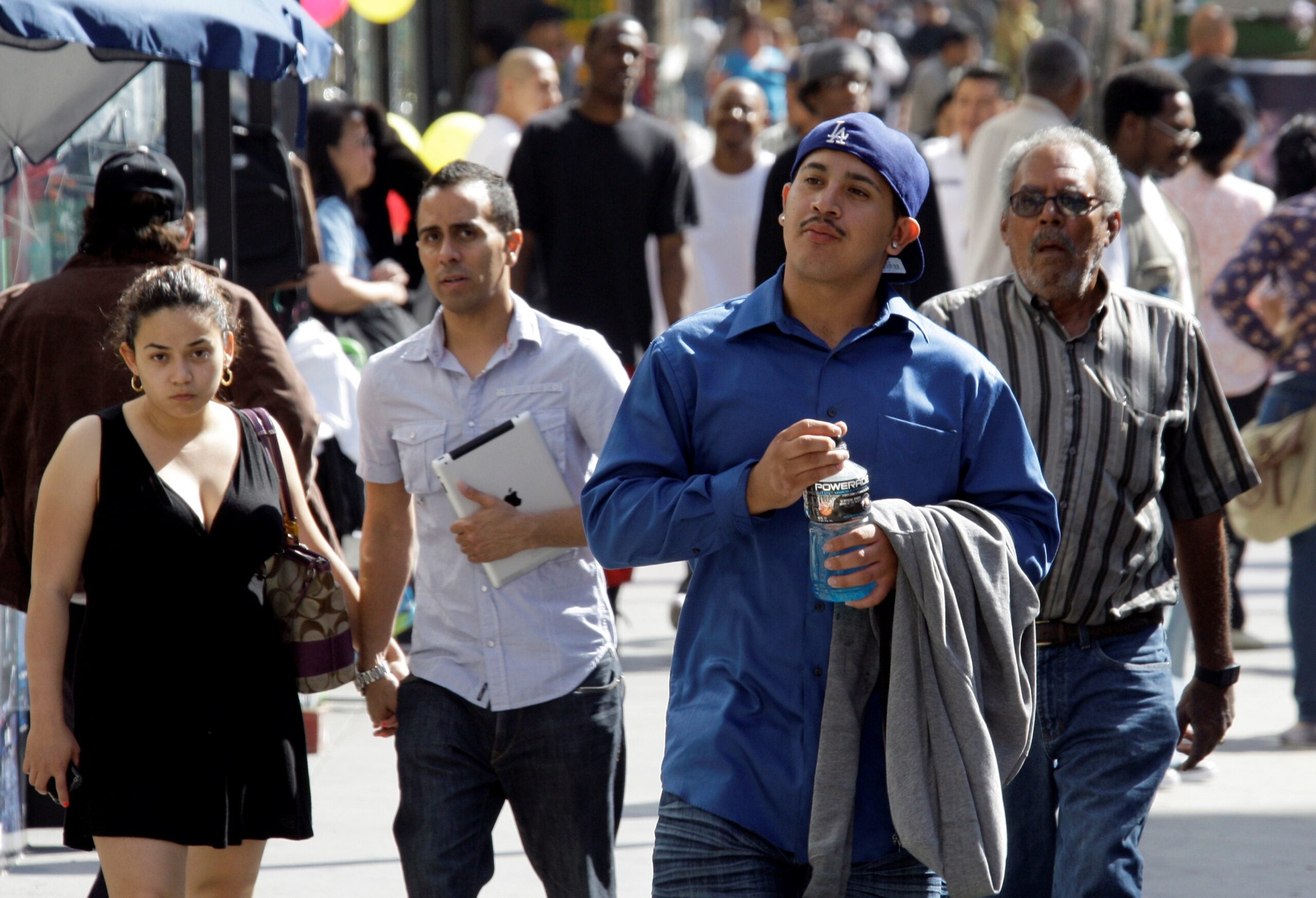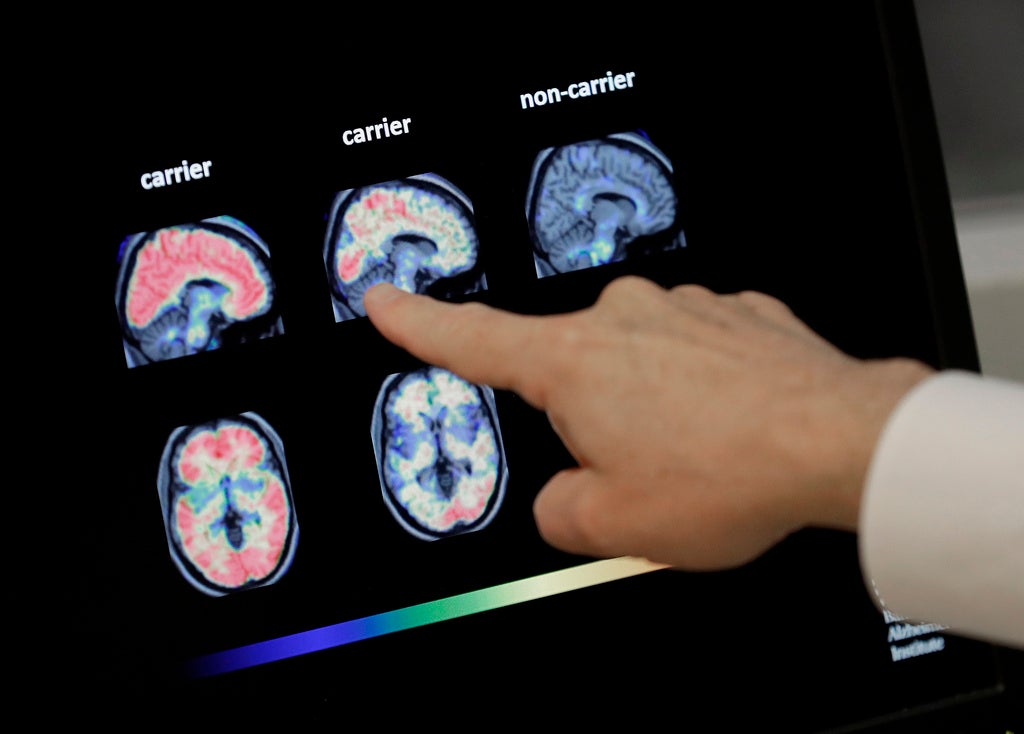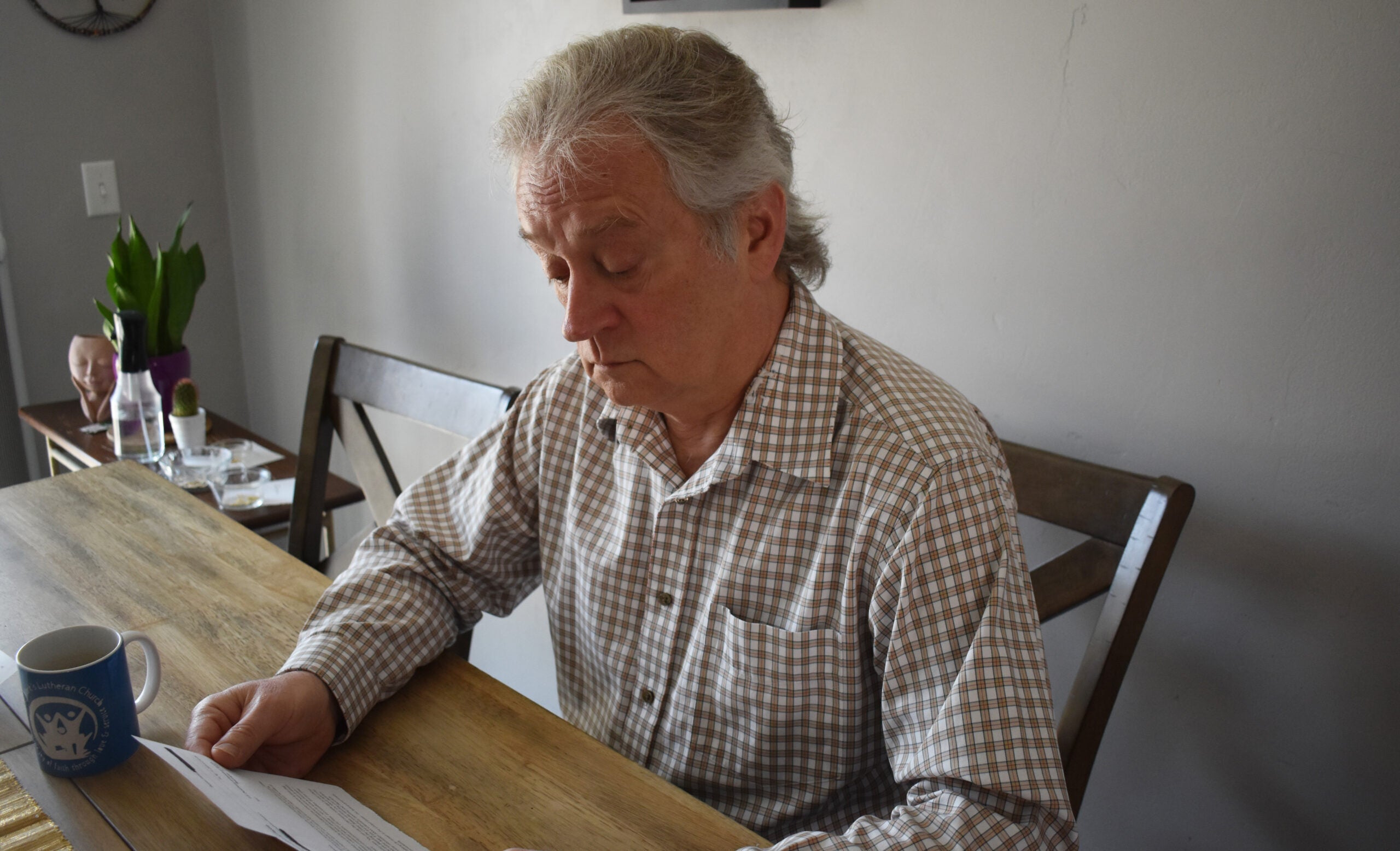Latinos are the second-largest racial group in America. They also make up one-fifth – or the second-largest segment – of the U.S. millennial population. But according to our guest, many Latino millennials who are U.S. citizens don’t see themselves as Americans. We discuss the various ways that she says Latinos feel excluded from society and how younger people are “aiming to rewrite the national narrative on belonging.”
Through nearly a hundred interviews in “Citizens But Not Americans: Race & Belonging Among Latino Millennials,” University of Illinois at Chicago sociology professor Nilda Flores-Gonzalez looks at how characteristics such as ancestry, skin color, social class and others form feelings of belonging and everyday experiences of racialization. For instance, one woman of Mexican descent told her that because others don’t see her as American, she identifies as Mexican. “If they don’t see me as an American, why should I see myself as American?,” she said.
If you’re a Latino millennial and a U.S. citizen, do you see yourself as American? In what ways do you feel excluded from society? How do you see Latinos and Latinas fitting in in your community or are they seen more as outsiders? Join us at 1-800-642-1234 or ideas@wpr.org. You can also tweet us @wprmornings or post on the Ideas Network Facebook page.
Featured in this Show
-
Author: Millennial Latinx In US Struggle To Identify As American
For more than 30 years, Latino and Hispanic Americans’ options for race when filling out a U.S. Census Bureau form didn’t include Latino or Hispanic.
In the most recent census in 2010 there were five government defined racial categories: black, Asian, white, American Indian/Alaska Native or Native Hawaiian/Other Pacific Islander.
That’s changing now. The Census Bureau is considering making significant changes to its race question for 2020. But for years if you were a Latinx — the gender-neutral and gender-inclusive term that’s starting to replace identifiers Latino or Latina — in the United States, you would indicate that in a separate question.
In the 2010 census, 63 percent of Latinx selected at least one of the five defined racial categories. While 37 percent of Latinx selected “some other race,” and wrote in “Hispanic,” “Mexican,” or “Latin American.”
“People talk about (how) when they have these very constricted categories, they may mark ‘white’ because they’re not black. It’s sort of by default, ‘I’m not this, so therefore I must be that.’ They may mark ‘black’ because they’re not white. So for them, these categories really don’t resonate,” Nilda Flores-Gonzalez, author of “Citizens But Not Americans: Race And Belonging Among Latino Millennials,” told “The Morning Show” on Thursday.
For Flores-Gonzalez, the lack of a fitting race category on the U.S. Census for Latinx — which refers to people with roots in Latin America, including the Caribbean — is just one piece of bigger problem.
Flores-Gonzalez interviewed almost 100 millennial Latinx for her book. Her major finding: they don’t really identify as American, even though they were born here.
“Despite (being) born in this country, raised in this country, their Latin American background strips them of their Americanness,” Flores-Gonzalez said.
There’s good reason for that, she said.
First, Latinx in the U.S. are commonly viewed as immigrants, even when they’re not, Flores-Gonzalez said.
There’s a “narrative that presents Latinos as being permanent immigrants. Despite being U.S.-born, despite being citizens of this country for many generations, (especially) in the Southwest, Latinos continue to be seen as immigrants,” she said.
The millennials Flores-Gonzalez interviewed told her “any time their ethnicity came across, they were not seen as American” even though most of them were second- or third-generation Americans, she said.
For example, many told stories of speaking Spanish in public and then being treated differently. A story Flores-Gonzalez heard a lot was going into a store, speaking Spanish on the phone or to a friend, and then getting disregarded and not getting service.
“If you look Latino, if you have a Spanish last name, if you speak Spanish, those things immediately cast you as being an immigrant,” she said.
Flores-Gonzalez also found that many young Latinx don’t feel American because of negative stereotypes about Latinx in American culture.
“The other narrative that a lot of these young people encounter is one that criminalizes them as racial minorities,” Flores-Gonzalez said.
The stereotypes of Latinx as living in the country illegally, being a criminal and generally not belonging make Latinx Americans feel less able to identify as Americans, she said.
“These messages convey to them that their membership in society is precarious,” and that makes it difficult to strongly identify as American, she said.
Episode Credits
- Kate Archer Kent Host
- Bill Martens Producer
- Nilda Flores-Gonzalez Guest
Wisconsin Public Radio, © Copyright 2026, Board of Regents of the University of Wisconsin System and Wisconsin Educational Communications Board.


